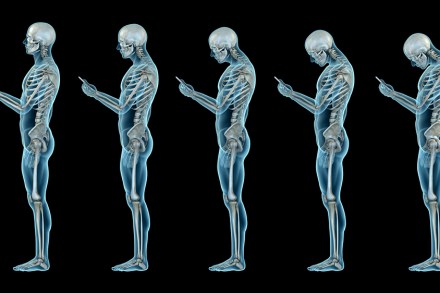Are hyenas really relatable?
A new television wildlife series called Queens (the ruling kind, not the screaming kind) shows competition among hyenas that involves infanticide. ‘I want it to feel that you see yourself, your family and your friends in these stories, that they’re relatable,’ the writer of the series told the Daily Mail. Well, Veronica has reached adulthood without my murdering her, though I recognise the temptation. Anyway, everything has to be relatable now, so much so that the word has almost been emptied of meaning. Yet I find curiously alien things fascinating, such as conditions on other planets. And I have not entirely given up trying to understand what people mean by









